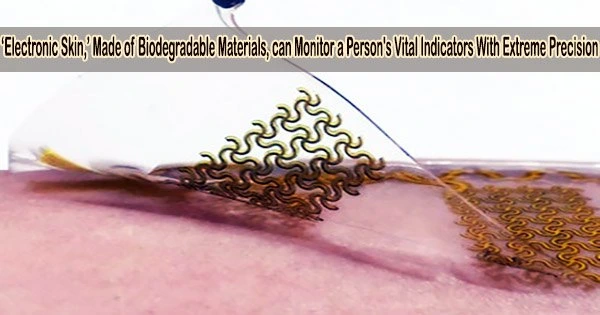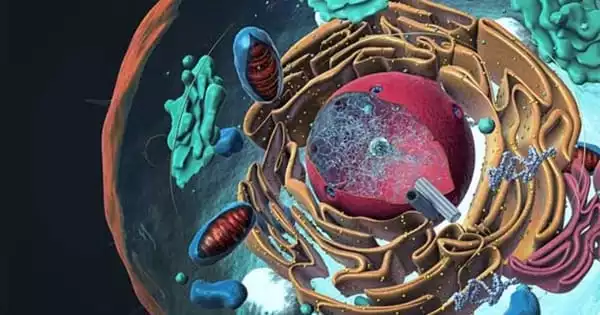Currently, non-sustainable materials are a major focus of research on nanocomposite-based sensors. This implies that after they are no longer in use, these gadgets add to the plastic trash.
A new study, published on 28th June 2023 in Advanced Functional Materials, shows for the first time that it is possible to combine molecular gastronomy concepts with biodegradable materials to create devices that are not only environmentally friendly, but also have the potential to outperform the non-sustainable ones.
Scientists developed solid seaweed/graphene gel layers encasing liquid graphene ink cores in graphene capsules using salt and seaweed, two ingredients that are frequently found in the restaurant sector. This technique is similar to how Michelin star restaurants serve capsules with a solid seaweed/raspberry jam layer surrounding a liquid jam core.
The graphene capsules, in contrast to the molecular gastronomy capsules, are extremely sensitive to pressure; as a result, when they are compressed or squeezed, their electrical properties are significantly altered. In order to create smart wearable skin-on devices for extremely accurate, real-time biomechanical and vital signs readings, they can be used as very effective strain sensors.
We are also very proud of the collaborative effort between Dr. Conor Boland’s group from University of Sussex and my group from Queen Mary University of London that fueled this ground-breaking research. This partnership exemplifies the power of scientific collaboration, bringing together diverse expertise to push the boundaries of innovation.
Dr. Dimitrios Papageorgiou
Dr. Dimitrios Papageorgiou, Lecturer in Materials Science at Queen Mary University of London, said, “By introducing a ground-breaking fusion of culinary artistry and cutting-edge nanotechnology, we harnessed the extraordinary properties of newly created seaweed-graphene microcapsules that redefine the possibilities of wearable electronics.”
“Our discoveries offer a powerful framework for scientists to reinvent nanocomposite wearable technologies for high precision health diagnostics, while our commitment to recyclable and biodegradable materials is fully aligned with environmentally conscious innovation.”
By providing other labs with a template for understanding and modifying the strain sensing characteristics of related materials, this research has advanced the idea of wearable nanotechnology.
Our way of life has been significantly impacted by the environmental effects of plastic trash, so it is essential that future plastic-based epidermal electronics move in the direction of more environmentally friendly practices.
The use of recyclable and biodegradable materials in the construction of these capsules may change how we see wearable sensing technology and its effects.
Dr. Papageorgiou said, “We are also very proud of the collaborative effort between Dr. Conor Boland’s group from University of Sussex and my group from Queen Mary University of London that fueled this ground-breaking research. This partnership exemplifies the power of scientific collaboration, bringing together diverse expertise to push the boundaries of innovation.”
















